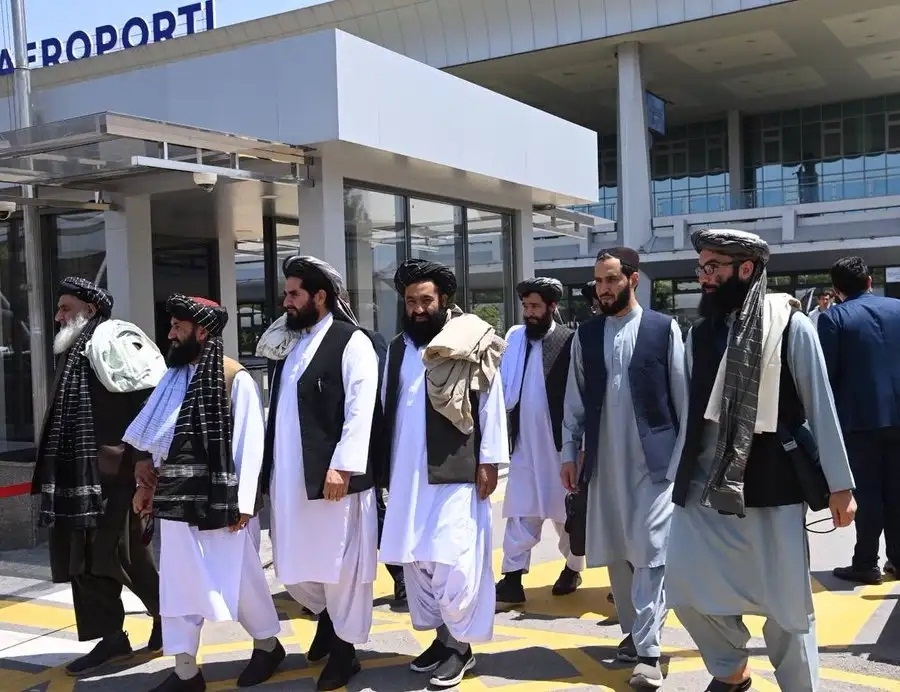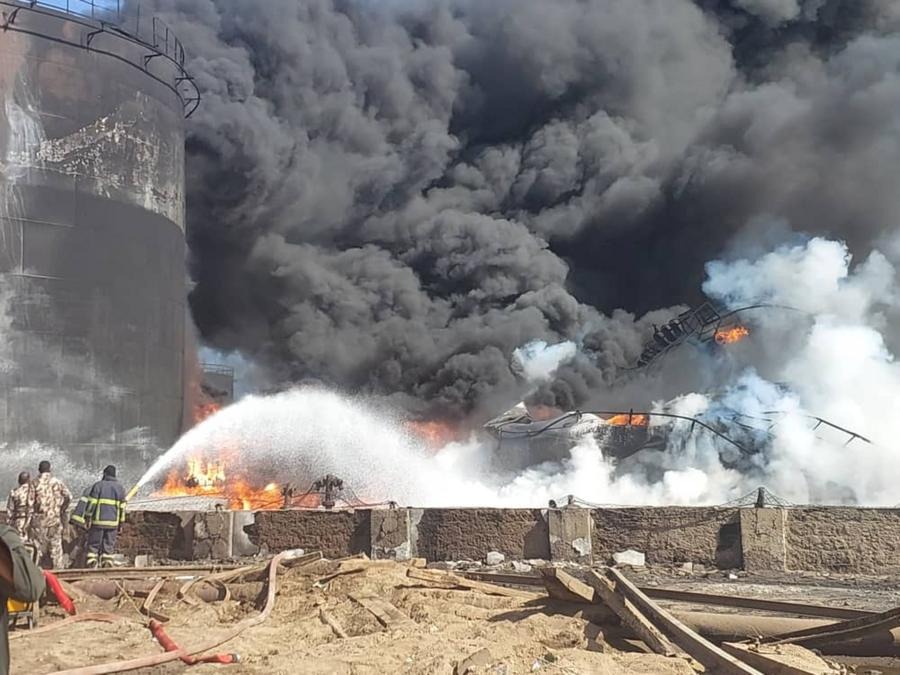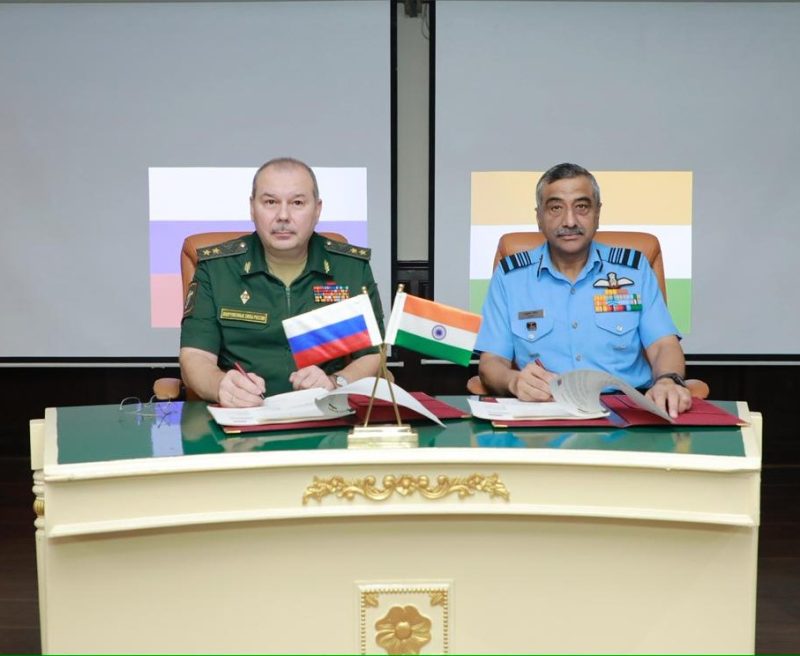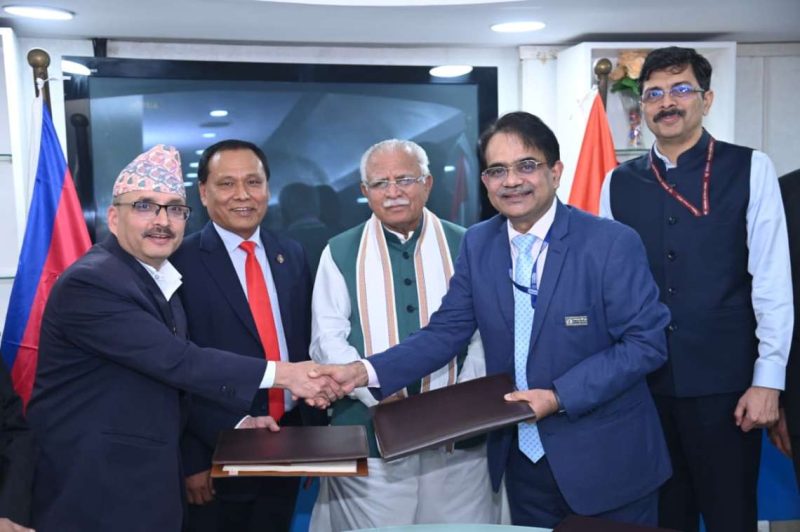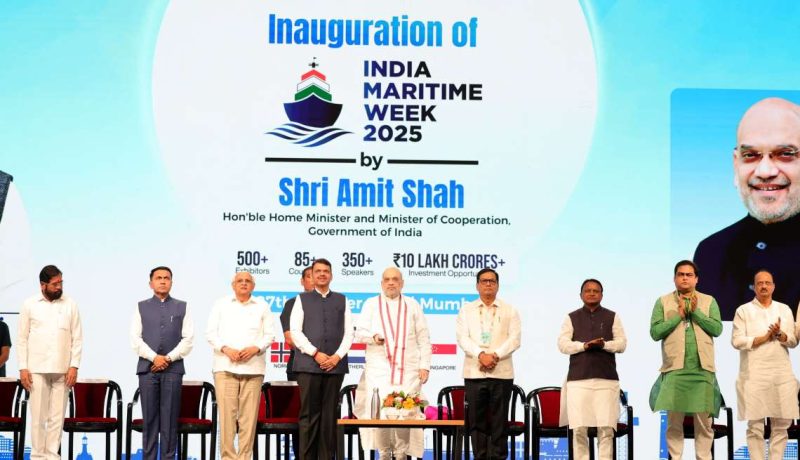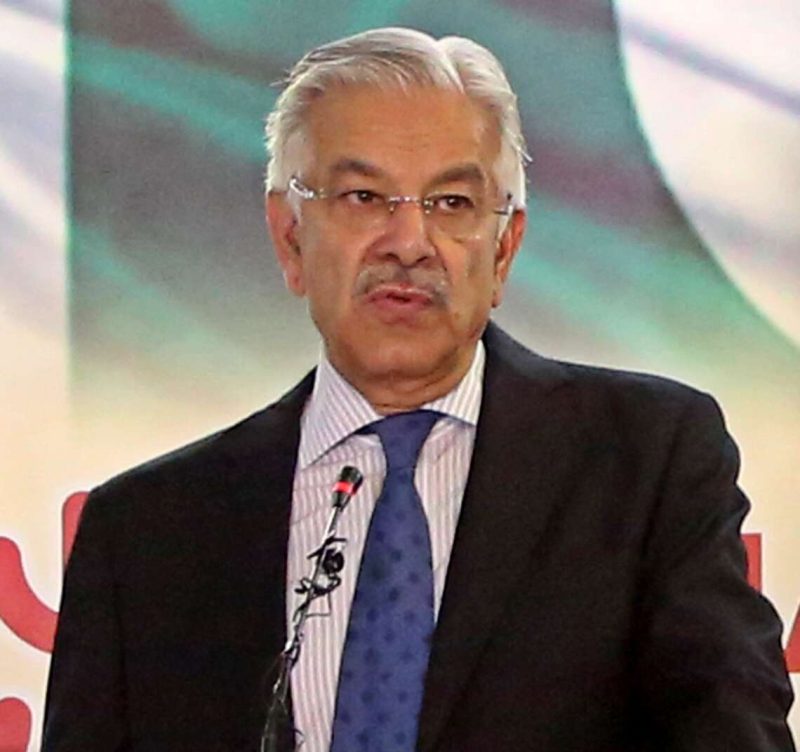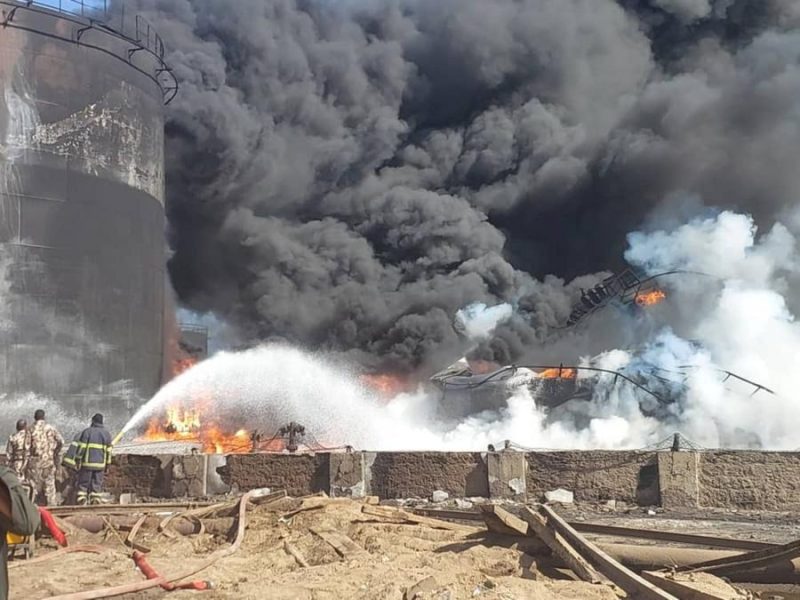While Munir projects assurance on the world stage, his true test lies within Pakistan’s borders, where poverty, political alienation, and mounting insecurity converge…reports Asian Lite News
Field Marshal Asim Munir, Pakistan’s powerful army chief, has emerged as a charismatic and assertive figure on the global stage, meeting twice with Donald Trump—who calls him his “favourite field marshal”—and engaging with other major powers, including China, Saudi Arabia, and Iran.
According to the Financial Times, Munir’s vigorous diplomacy has propelled Pakistan back onto the international chessboard after years of political turmoil and economic decline, fuelling hopes that renewed foreign investment and security partnerships might help stabilise the country.
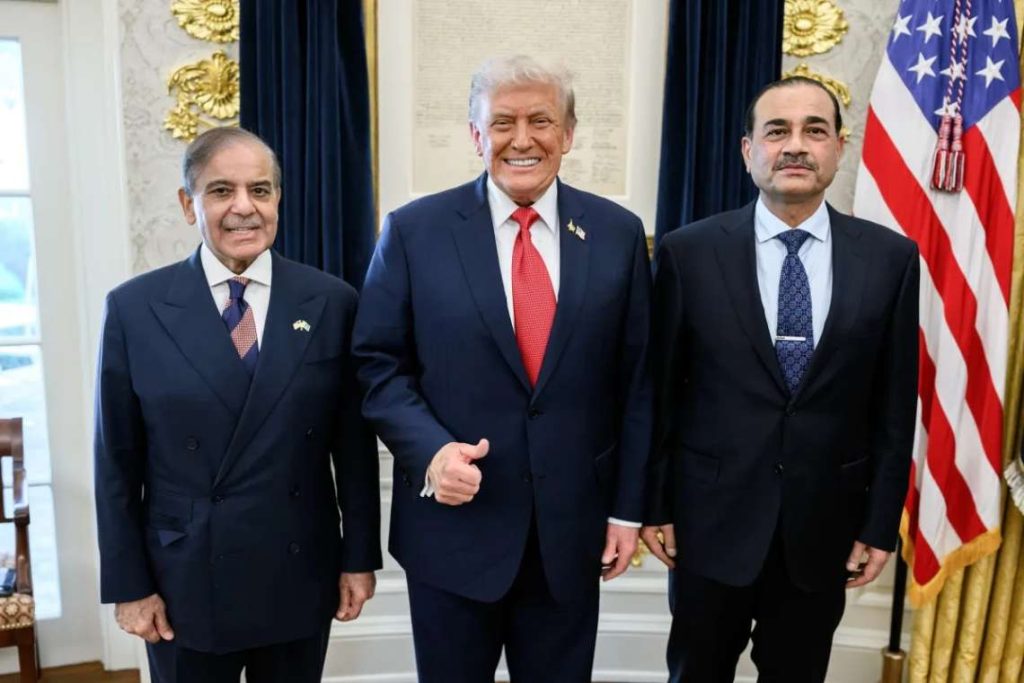
Yet even as Munir garners attention abroad, he faces far more formidable challenges at home. Pakistan’s economy remains stagnant, with poverty climbing to an eight-year high of 25.3 per cent, debt devouring nearly half of the federal budget, and investment levels languishing at historic lows. The IMF bailout and bilateral debt rollovers offer only temporary reprieve, while deep structural reforms remain out of reach amid entrenched political dysfunction and military dominance.
Munir has consolidated his authority to an extent that critics argue surpasses even that of previous military rulers. Opposition figures are imprisoned or in hiding, the judiciary is pliant, and media censorship is pervasive. Despite the army’s projection of order, Pakistan’s internal landscape remains volatile—insurgencies persist in the west, tensions with the Afghan Taliban simmer, and growing discontent among young Pakistanis threatens to upend the fragile status quo. The Financial Times notes that counter-insurgency operations are increasingly hindered by waning local support, compounding the country’s security woes.
Simultaneously, Munir’s administration seeks to capitalise on Pakistan’s vast untapped mineral reserves—from copper to rare earths—while advancing proposals to develop ports such as Pasni into investment hubs. This strategy underscores a careful balancing act between Washington and Beijing: the former attracted by economic prospects, the latter wary of instability and competition near Chinese-operated facilities. Although Munir’s stature abroad continues to rise, domestic critics warn that his reformist rhetoric risks being hollowed out by the military’s own entrenched political and economic interests.

For ordinary Pakistanis, the outlook grows ever more uncertain. The Financial Times observes that millions of young citizens—emboldened by the enduring popularity of jailed former Prime Minister Imran Khan—are increasingly resistant to military dominance, echoing youth-led movements across Asia. Economists caution that with economic growth barely matching population expansion and investor confidence eroded by previous corporate departures, Pakistan faces a profound and possibly existential economic crisis.
While Munir projects assurance on the world stage, his true test lies within Pakistan’s borders, where poverty, political alienation, and mounting insecurity converge. As the Financial Times concludes, the paradox endures: a military strongman feted internationally, yet presiding over a nation struggling to sustain stability, trust, and hope.




